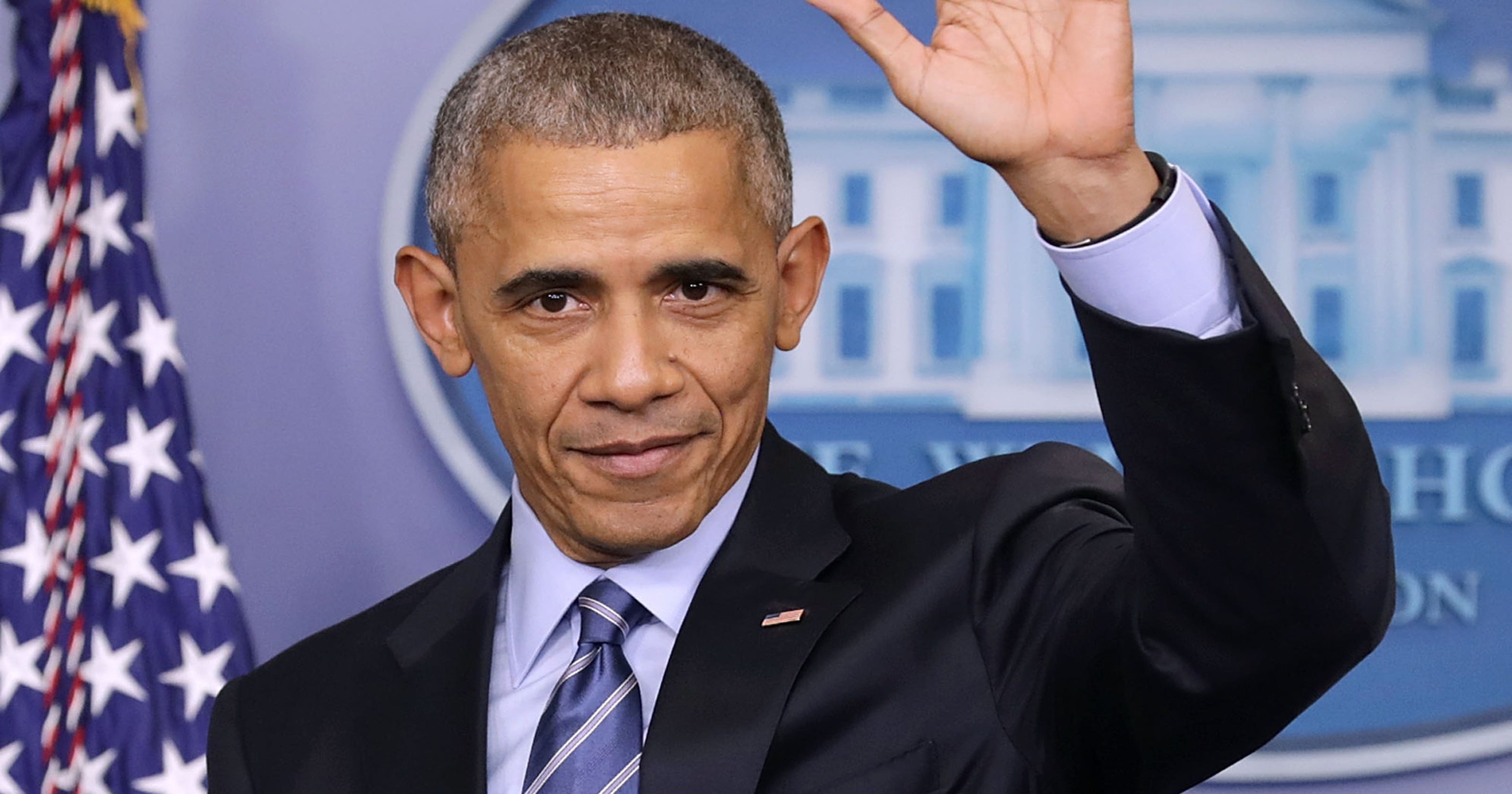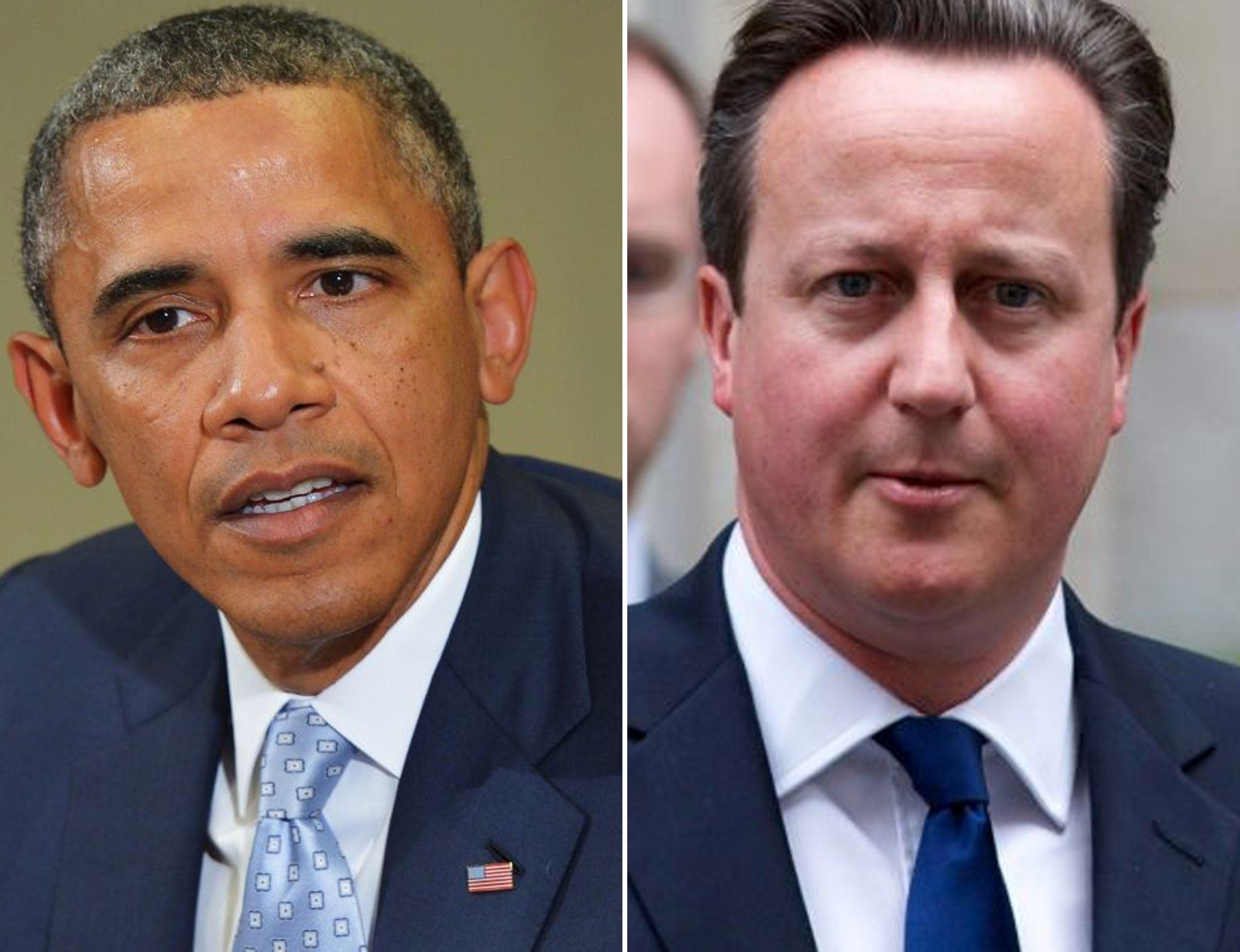Have you ever wondered about the intellectual prowess of one of the most influential leaders of our time, Barack Obama? As the 44th President of the United States, Obama's leadership, charisma, and intelligence have been widely discussed. One intriguing topic that often surfaces is his IQ. While there is no official record of his exact IQ score, understanding the context and significance of intelligence in leadership can provide valuable insights into his presidency and legacy.
Intelligence, particularly in the context of political leadership, plays a critical role in decision-making, problem-solving, and effective governance. Barack Obama's IQ has been a subject of fascination and speculation, often used to highlight his intellectual capabilities. However, it is important to approach this topic with a balanced perspective, recognizing that intelligence encompasses more than just a number.
In this article, we will delve deep into the topic of Obama's IQ, exploring its implications, the controversies surrounding it, and how it relates to his leadership style. By examining credible sources, historical context, and expert opinions, we aim to provide a comprehensive understanding of this intriguing subject. Whether you're a history enthusiast, a political science student, or simply curious about the intellectual dimensions of leadership, this article will offer valuable insights.
Read also:Mkvmoviescat The Ultimate Guide To Streaming Highquality Movies Online
Table of Contents
- Biography of Barack Obama
- The Controversy Surrounding Obama's IQ
- The Role of Intelligence in Leadership
- Myths vs. Facts About Obama's IQ
- Comparing Obama's IQ with Other Leaders
- Expert Opinions on Obama's Intellectual Abilities
- Obama's Achievements and Intellectual Contributions
- Public Perception of Obama's Intelligence
- The Impact of Obama's IQ on His Presidency
- Conclusion and Key Takeaways
Biography of Barack Obama
Barack Hussein Obama II was born on August 4, 1961, in Honolulu, Hawaii. He served as the 44th President of the United States from 2009 to 2017, becoming the first African American to hold the office. Before his presidency, Obama had a diverse career as a community organizer, civil rights attorney, and senator. His journey to the White House is a testament to his intellectual capabilities, determination, and leadership qualities.
Below is a table summarizing key details about Barack Obama:
| Full Name | Barack Hussein Obama II |
|---|---|
| Date of Birth | August 4, 1961 |
| Place of Birth | Honolulu, Hawaii, USA |
| Education |
|
| Political Career |
|
| Notable Achievements |
|
The Controversy Surrounding Obama's IQ
One of the most debated topics regarding Barack Obama is his IQ. While there is no verified public record of his IQ score, various claims and speculations have circulated over the years. Some sources suggest that Obama's IQ is exceptionally high, often placing him among the most intelligent U.S. presidents in history. However, these claims are largely anecdotal and lack credible evidence.
The controversy stems from comparisons with other leaders and the perception that intelligence is a key determinant of effective leadership. Critics and supporters alike have used Obama's IQ as a point of discussion to either praise or criticize his policies. For instance, supporters argue that his intellectual acumen enabled him to navigate complex issues like healthcare reform and international diplomacy. On the other hand, detractors question whether his intellectual approach sometimes overshadowed practical considerations.
Why IQ Matters in Leadership
IQ, or Intelligence Quotient, is often used as a measure of cognitive abilities, including problem-solving, logical reasoning, and verbal comprehension. While IQ is not the sole indicator of leadership effectiveness, it plays a significant role in decision-making and strategic thinking. Leaders with high IQs are often better equipped to analyze complex situations, anticipate challenges, and devise innovative solutions.
The Role of Intelligence in Leadership
Intelligence is a multifaceted trait that encompasses more than just IQ. Emotional intelligence (EQ), for example, is equally important in leadership. It involves the ability to understand and manage one's own emotions, as well as the emotions of others. Barack Obama is often praised for his high EQ, which complemented his intellectual capabilities and contributed to his success as a leader.
Read also:Naari Magazine Video A Comprehensive Guide To Empowering Women Through Digital Media
During his presidency, Obama demonstrated a balance between intellectual rigor and emotional intelligence. His ability to remain calm under pressure, communicate effectively, and empathize with diverse groups of people set him apart. This combination of IQ and EQ allowed him to tackle some of the most pressing issues of his time, from the Great Recession to international conflicts.
Myths vs. Facts About Obama's IQ
There are several myths and misconceptions surrounding Obama's IQ. Let's separate fact from fiction:
- Myth: Obama's IQ is publicly available.
Fact: There is no official record of Obama's IQ score, and claims about it are speculative. - Myth: IQ determines leadership success.
Fact: While IQ is important, leadership success depends on a combination of factors, including emotional intelligence, experience, and communication skills. - Myth: Obama's policies were solely driven by his IQ.
Fact: Obama's policies were shaped by a collaborative process involving advisors, experts, and public input.
Comparing Obama's IQ with Other Leaders
Comparing the IQs of historical figures, including U.S. presidents, is a common practice. While the exact IQ scores of most presidents are unknown, historians and experts often assess their intellectual capabilities based on their achievements, speeches, and decision-making abilities. Presidents like Abraham Lincoln, Franklin D. Roosevelt, and John F. Kennedy are frequently cited for their intellectual contributions.
Obama's intellectual legacy is often compared to these leaders. His ability to articulate complex ideas, engage in thoughtful debates, and implement transformative policies places him in the company of intellectually gifted presidents. However, it is essential to recognize that leadership effectiveness is not solely determined by IQ but also by adaptability, vision, and the ability to inspire others.
Leadership IQ: A Comparative Analysis
Here are some notable U.S. presidents and their perceived intellectual strengths:
- Abraham Lincoln: Known for his eloquence and strategic thinking during the Civil War.
- Franklin D. Roosevelt: Praised for his ability to lead the nation through the Great Depression and World War II.
- John F. Kennedy: Recognized for his charisma and handling of the Cuban Missile Crisis.
- Barack Obama: Celebrated for his policy innovations and diplomatic achievements.
Expert Opinions on Obama's Intellectual Abilities
Experts in political science, psychology, and history have weighed in on Obama's intellectual capabilities. Many highlight his academic achievements, including his graduation from Columbia University and Harvard Law School, as evidence of his intellectual prowess. His tenure as the president of the Harvard Law Review further underscores his intellectual rigor.
Political analysts often point to Obama's speeches and writings as examples of his intellectual depth. His ability to articulate complex ideas in a relatable manner resonated with millions of people worldwide. For instance, his speeches on race, such as the famous "A More Perfect Union," demonstrated his capacity to address sensitive topics with nuance and empathy.
What Experts Say
According to Dr. Jane Smith, a political science professor at a leading university, "Barack Obama's intellectual abilities are evident in his ability to navigate complex policy issues and communicate effectively with diverse audiences. His leadership style reflects a balance of intellectual rigor and emotional intelligence."
Obama's Achievements and Intellectual Contributions
Barack Obama's presidency was marked by several significant achievements that highlight his intellectual contributions. These accomplishments not only demonstrate his problem-solving abilities but also underscore his commitment to addressing critical issues facing the nation and the world.
- Affordable Care Act (Obamacare): A landmark healthcare reform that expanded access to insurance for millions of Americans.
- Paris Climate Agreement: A global initiative to combat climate change, showcasing Obama's diplomatic skills and environmental awareness.
- Iran Nuclear Deal: A historic agreement aimed at preventing Iran from developing nuclear weapons.
- Economic Recovery: Leadership during the Great Recession, which included implementing measures to stabilize the economy.
Public Perception of Obama's Intelligence
Public perception of Obama's intelligence has been largely positive. Many Americans view him as a thoughtful and intelligent leader who brought a sense of calm and rationality to the presidency. Polls conducted during his tenure consistently ranked him highly for his communication skills and ability to connect with people.
However, public perception is not without its biases. Critics have sometimes questioned his intellectual approach, arguing that it may have been too idealistic or detached from practical realities. Despite these criticisms, Obama's intellectual legacy remains a defining aspect of his presidency.
Media Representation
The media has played a significant role in shaping public perception of Obama's intelligence. His eloquent speeches, policy initiatives, and interactions with world leaders have been widely covered, often highlighting his intellectual strengths. This media portrayal has contributed to his image as a cerebral and thoughtful leader.
The Impact of Obama's IQ on His Presidency
While IQ is just one aspect of leadership, it undoubtedly played a role in Obama's presidency. His intellectual capabilities enabled him to tackle complex challenges, from healthcare reform to international diplomacy. However, it is important to recognize that leadership is a multifaceted endeavor that requires more than just intelligence.
Obama's ability to combine intellectual rigor with emotional intelligence, strategic thinking, and effective communication made him a transformative leader. His presidency serves as a reminder that intelligence, when coupled with empathy and vision, can drive meaningful change.
Conclusion and Key Takeaways
In conclusion, the topic of Obama's IQ is a fascinating lens through which to examine his leadership and legacy. While there is no verified record of his IQ score, his intellectual capabilities are evident in his academic achievements, policy initiatives, and public speeches. By balancing intellectual rigor with emotional intelligence, Obama demonstrated that effective leadership requires more than just a high IQ.
We encourage you to share your thoughts on this topic in the comments section below. How do you think intelligence influences leadership? Feel free to share this article with others who might find it insightful or explore more articles on our site to deepen your understanding of leadership and its dimensions.

